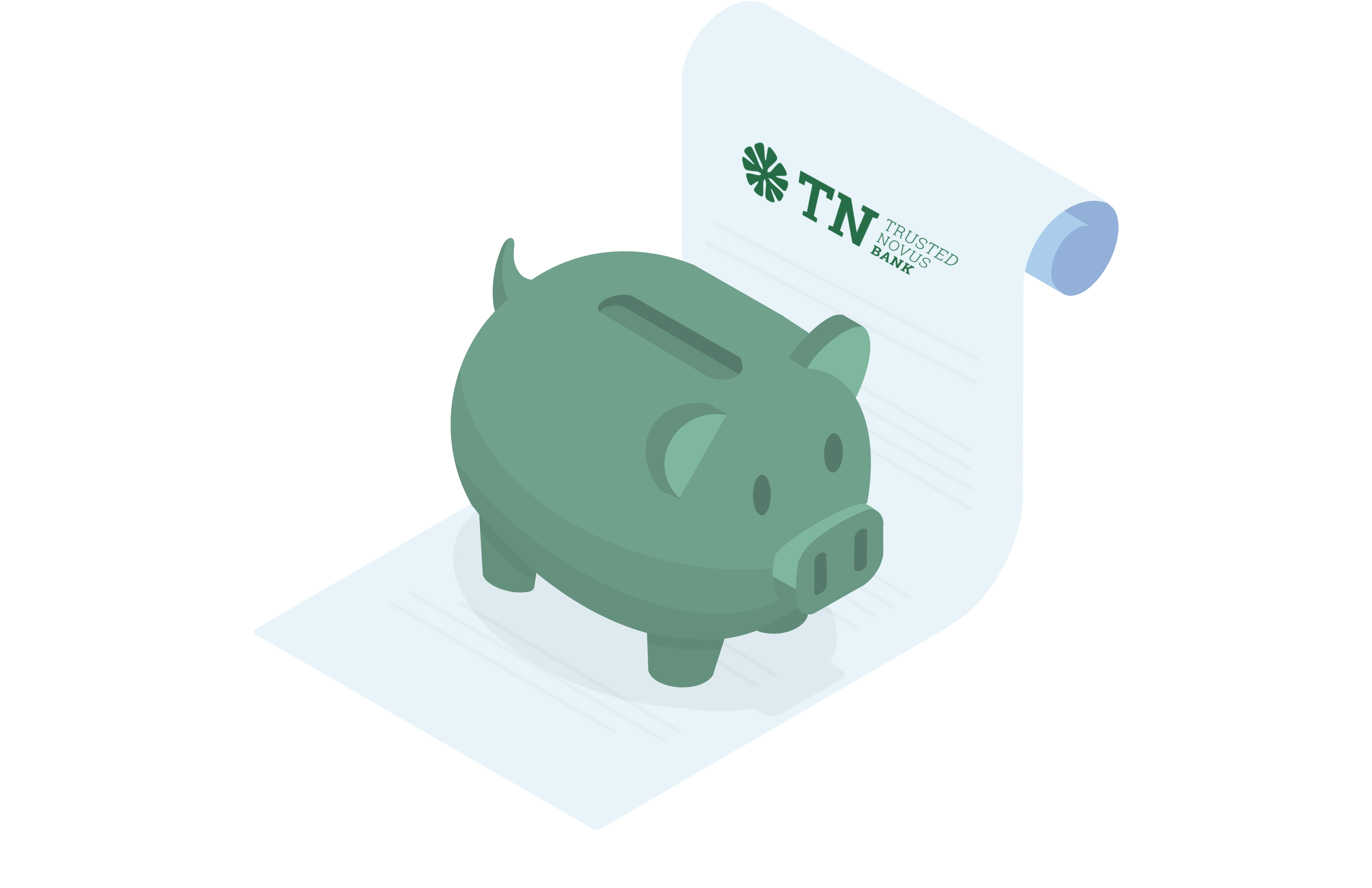What percentage of your income should go towards your mortgage?
At Trusted Novus Bank, we understand that buying a property is one of the most important financial decisions you will ever make, and we are here to help.
We recommend that you come and talk to us at an early stage, perhaps even before you have found the property to see what you might be able to afford. This may help you in finding the right property for you.

Your salary makes up a big part in determining how much you can afford. On one hand, you may want to see how much you could afford with your current salary or, you may want to figure out how much income you need to afford the house you really want. Either way, this guide will help you determine how much of your income you should put toward your mortgage payments every month.
There are several ways to determine how much of your salary should go towards your mortgage payments. Ultimately, what you can afford depends on your income, circumstances, financial goals, and current debts.
When meeting with us we like to ensure that a mortgage is affordable both from inception as well as in the event of rates rising, so we can provide assurance of affordability in worst case scenarios which may vary depending on the customers circumstances.
So, what is a mortgage payment?
Mortgage payments are the amount you pay lenders for the loan on your home or property, including mortgage repayment and interest. These payments may either be fixed or can fluctuate dependent on the mortgage product you choose.
8 top tips!
To aid you in your mortgage affordability here are some tips we have put together for you to think about. Having a budget is more important than you think – especially in times of economic instability.
Here are our 8 top tips which may help you budget and ensure your spends are more ‘needs’ than ‘wants’.

1. Monitor your bank account
Check often to ensure what you think your spending matches your actual spending habits.

2. Check your subscriptions

Are you subscribed to the likes of Netflix, Spotify, Amazon prime etc – do you need every single one?
3. Check before you commit
Always look at the price – don’t assume what you think a product may cost!

4. Give yourself an allowance

Set aside your outgoings as soon as you get paid and budget your spending money for the rest of the month.
5. Shop
around
around

There is no better time to shop around! From supermarkets to insurance companies – Take a look at your tracked expenses and see where it could be possible to find a cheaper alternative. You’d be surprised at how much you can save by switching providers or plans.
6. Convenience consumer
Are you a frequent takeaway app user, always clicking on delivery instead of collection, yet you live close-by? Are you always paying that extra delivery charge when online shopping because you need what your buying – now? Are you spending that extra cash on prime parking spaces instead of walking that little bit extra from a free one?
These day-to-day habits might not seem worrisome during a time where budgeting wasn’t so important however you would be surprised how much these little costs add up!

7. Amend your mortgage term

Look to lengthen your mortgage term. Here at TNB the maximum is between 30-35 years, dependent on the product chosen (fixed, variable etc) However when lengthening a mortgage term this could have repercussions such as a higher interest rate, which may save you money in the short term but will cost you more in the long term.
Other options could be:
- Make a larger deposit
- Talk to your bank about switching products
8. Create your budget
As an example, and if possible, set aside 50% of your monthly income to
- Rent/Mortgage, food, bills, furniture, essentials
Set aside 30% for
- Clothes, going out, holidays, gifts, treats
Set aside 20% for savings
- Rainy day funds, weddings, house purchase, big holidays, retirement

For more information to help with budgeting check out our Community Banking Series, Series 1, Episode 2.
If you would like any advice on managing your finances better or you are experiencing financial difficulty, come and talk to us – TNB are here to help!